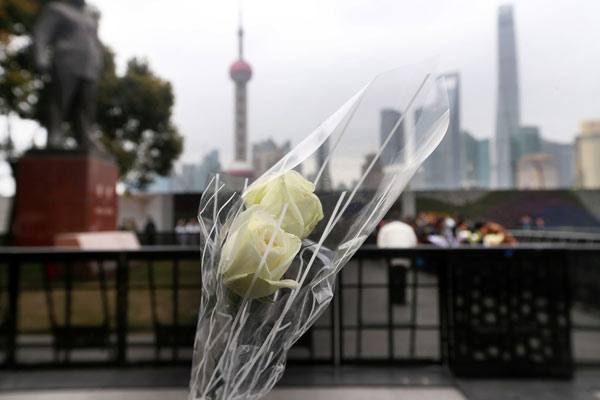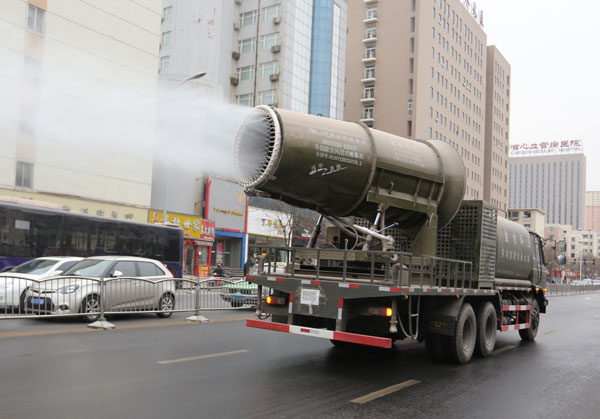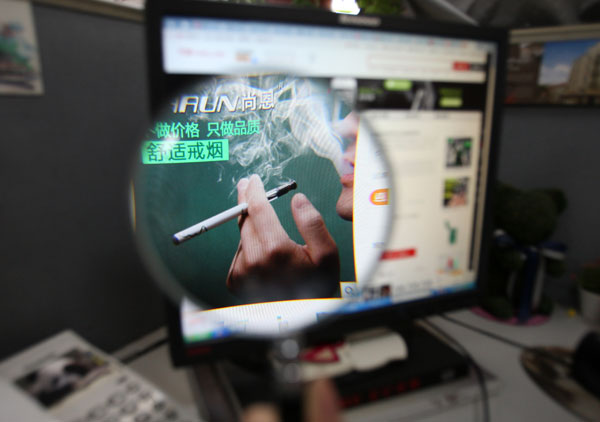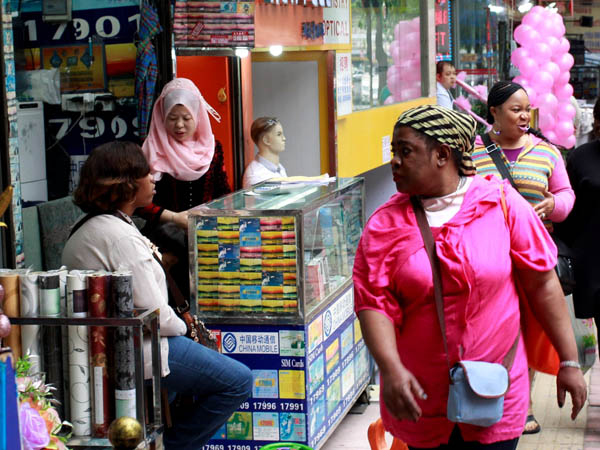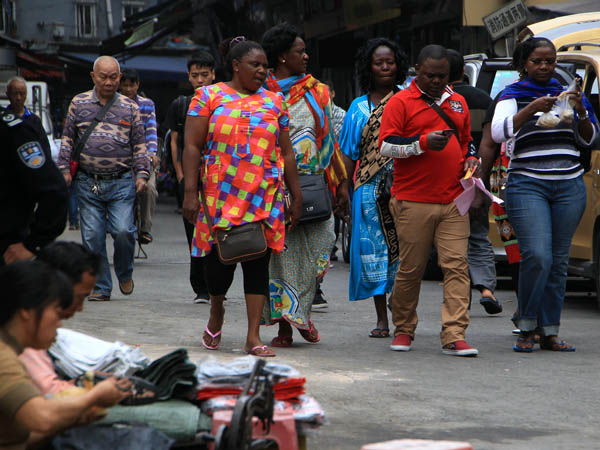China is considering bringing electronic cigarettes under State management to ensure a standardized and well-regulated development of the popular smoking alternative, according to an official of the State Tobacco Monopoly Administration.
Li Baojiang, deputy director of the administration's economic research institute told China Daily there is currently a lack of regulation and standards for e-cigarettes across the nation, which could affect public health. He cited problem products as well as potential government revenue.
"Regulating e-cigarettes, like traditional tobacco products under the State monopoly, is highly feasible. And that helps with consumer safety and rights, product quality control and the government coffers," he said.
Bernhard Schwartlander, the World Health Organization's representative in China, said the group is highly concerned about the role of the tobacco industry in the rapidly emerging e-cigarette sector.
"The WHO is calling for stronger regulation of e-cigarettes and similar devices," he said.
Invented in 2003 in China, e-cigarettes use battery-powered cartridges to produce a flavored vapor, either with or without nicotine. Worldwide, regulation and management of e-cigarettes varies.
Brazil banned e-cigarettes in 2009, but people could buy them online or on the black market. In the same year, Canada followed suit, prohibiting sales of e-cigarettes containing nicotine. In 2013, Spain banned e-cigarette use in public. In the UK, the product has been regulated under the country's drug authorities since June 2013 to ensure quality and consumer safety.
In China, e-cigarettes have become increasingly popular. Gan Quan, China director of the International Union Against Tuberculosis and Lung Disease, said that caught the attention of the WHO.
The Sixth Conference of the WHO Framework Convention of Tobacco Control Parties, including China as a signatory country in October, recognized that e-cigarettes represent an "evolving frontier filled with promise and threat for tobacco control".
According to Schwartlander, evidence suggests that exhaled e-cigarette aerosol increases the background air level of some toxicants, nicotine and particles. Thus, the WHO recommends that use of e-cigarettes should be banned in all places where smoking is banned, he said.
"If it's regulated as a tobacco product, it will thereafter be subject to existing smoking control policies," the tobacco administration's Li said.
China had roughly 900 e-cigarette manufacturers by the end of 2013, up 200 percent over the previous year. Exports amounted to 3.5 billion yuan ($560 million) the same year, up 150 percent over 2012. Worldwide, more than 80 percent of the e-cigarettes in a market worth $3 billion are made in China.
Li said he expected that the product would become steadily bigger in the domestic market. E-cigarettes are widely available in the country through online sales.
"A regulatory blank spot, which resulted in problem products and unsubstantiated media hype and health claims, has to be filled, particularly for quality control and consumer safety," Li said.


